Episodes
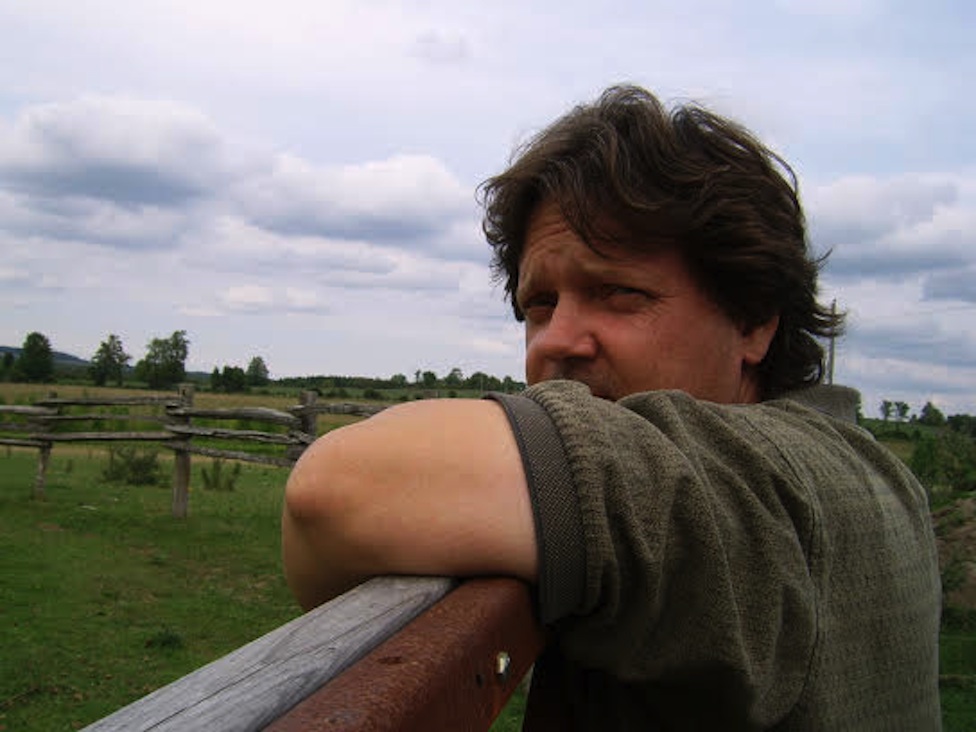
Thursday Jun 08, 2017
Thursday Jun 08, 2017
This week, we’re dipping into the archives back to 2005. In 2005, Hurricane Katrina struck New Orleans and YouTube was founded, and in 2005, John Slack also took the stage at our Eco-Ag conference and spoke about rocks.
But we are not really talking about rocks. We are talking about geology. And even more so, geology-micro biology, or as Slack puts it, “Bugs eating rocks.”
The basis of all this, and why it’s interesting to us and other eco-farmers: the industrial chemical revolution that occurred after World War II caused scientists, or geologists, or just rock fanatics, to pause in their research in regards to agriculture. Yet a few passionate folks, like John, continued. They avoided the noise of short cuts and pollution and learned how many living things manipulate rocks to get the nutrients they require.
John Slack does not call himself a geologist or a farmer. He calls himself a prospector. “We went out and looked for calcium,” he says in his talk. He talks about what he looks for when he walks the fields and digs his hands into the soil, to see what plants are reacting to those minerals.
John Slack is a fourth-generation miner who worked throughout northern Canada in the search of economic mineral deposits from 1979 through 1992. This entailed extensive stream sediment, soil geochemistry, geological mapping, compilations, mine development and mine management. This experience would result in employing these techniques in the evaluation of agricultural landscapes. In 1992 Slack left the mining industry and started farming on the family's 330-acre property, Golden Innisfree Farms, located in Erin Township, Ontario. The farm was a grass-based cow-calf operation. Today the farm comprises organic vegetable production and a grass-based sheep dairy. Slack and his father started to evaluate and experiment with agrominerals. Commonly referred to as rock powder and rock dust, this research resulted in developing the Spanish River Carbonatite Complex, a unique igneous (magmatic) calcium carbonate deposit. Slack commenced soil auditing services that resulted in introducing soil evaluation methodologies, commonly employed in mineral exploration, to farm clients.
We’re proud and happy to share that talk from 2005 with you this week. It’s still as relevant, and shrouded by short cuts and industrial chemical fertilizer and pesticide propaganda, as ever.
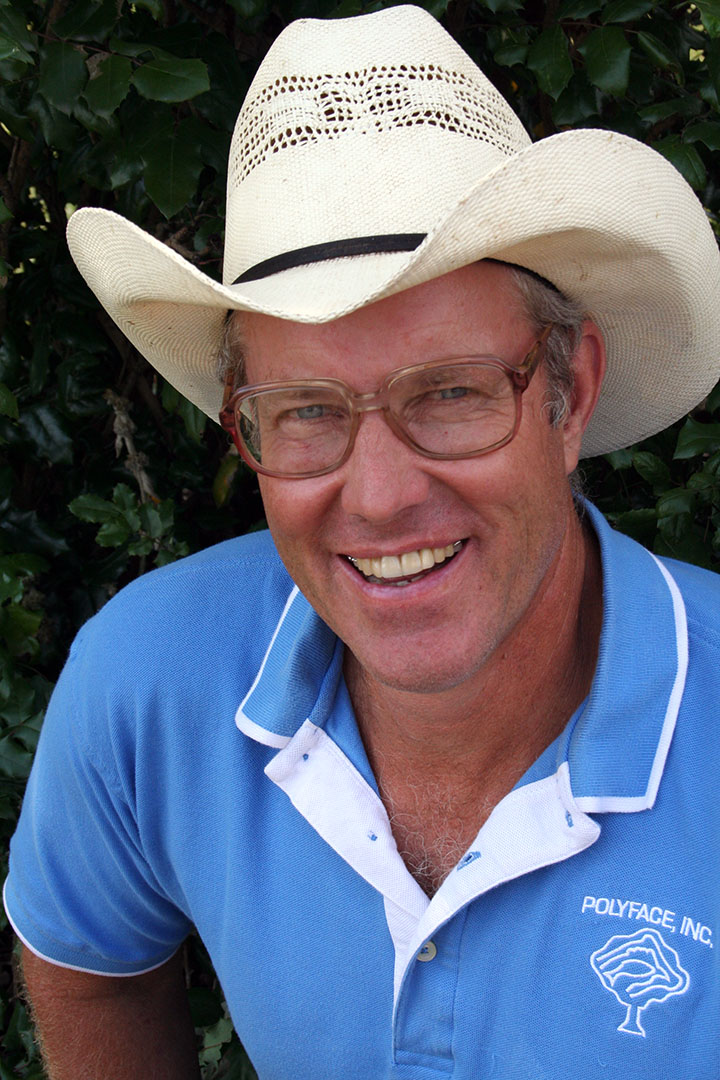
Thursday May 25, 2017
Thursday May 25, 2017
We know how busy farmers are this time of year, so we feel especially lucky to have our guest on today’s show. He really needs no introduction, but we’ll give it a shot anyway.
Joel Salatin is known around most agricultural circles as the most famous farmer in the world. He calls himself a Christian libertarian environmentalist capitalist lunatic farmer, which is a mouthful, both in words and in meaning.
More practically, he’s a successful author and speaker, has written dozens of pieces for Acres USA magazine through the years, has spoken at our Eco-Ag conferences, and through all that, we’ve learned that he is not afraid to be funny, educational, or to step into controversy when he needs to. But his belief in honoring the land and the animals is something we respect the most, and why we are glad to call him a friend.
He spoke to us about the challenges in the eco-agriculture movement growing around the world, and answers some questions about how ecology, agriculture and the food supply can work together. He also talked about how to create a truly "sustainable" farm.
"Unless you are generating two salaries from two different generations, you do not have a sustainable farm," Salatin told us.
Hosted by Ryan Slabaugh.
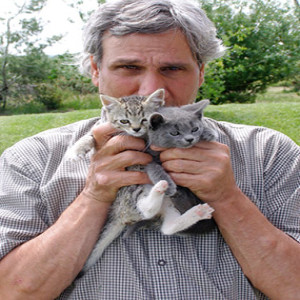
Thursday May 18, 2017
Thursday May 18, 2017
On this week's podcast,we thought it’d be good to turn back the clock to a talk from 2009 at our Eco-Ag conference. Jerry Brunetti, rest in peace, was a fearless advocate for soil management and gave a presentation then called “Soil as a SuperOrganism.” In other words, a super computer built to process everything efficiently and create answers for us that are accurate.
“There is life in rock. There is life that comes out of everything,” he says in this talk. We like that so much, we want to share it with you today. We wish Jerry could still be here today to speak to us in person. We’ll settle for the best that we’ve got — his talk, “Soil as a SuperOrganism.”
We hope you enjoy it.
Introduction by Ryan Slabaugh.
Learn more at www.ecofarmingdaily.com or www.acresusa.com.
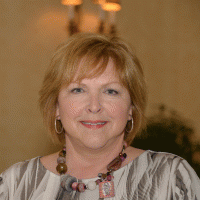
Monday May 08, 2017
Monday May 08, 2017
In this week's episode, we had the pleasure of sitting down with Susan Sink, vice president of development and external relations at American Farmland Trust, a nonprofit organization who collaborates with farmers around the world to help save farmland from development, among many other things.
Susan and the team are based in Washington D.C., and work with policymakers as well to craft major legislation like the Farm Bill, which affects almost every farmer in the country. She and her cohorts travel around and talk with farmers, both conventional and organic, and see how different environments — both political and geographic — affect the agriculture industry across the country.
Susan is also a farmer who has diversified her cattle farm in hopes of finding a way to keep her farm going in a very challenging environment for cattle farmers. She speaks to her own experience, and provides words of wisdom and hope that every farmer out there can hear and appreciate.
Hosted by Ryan Slabaugh.
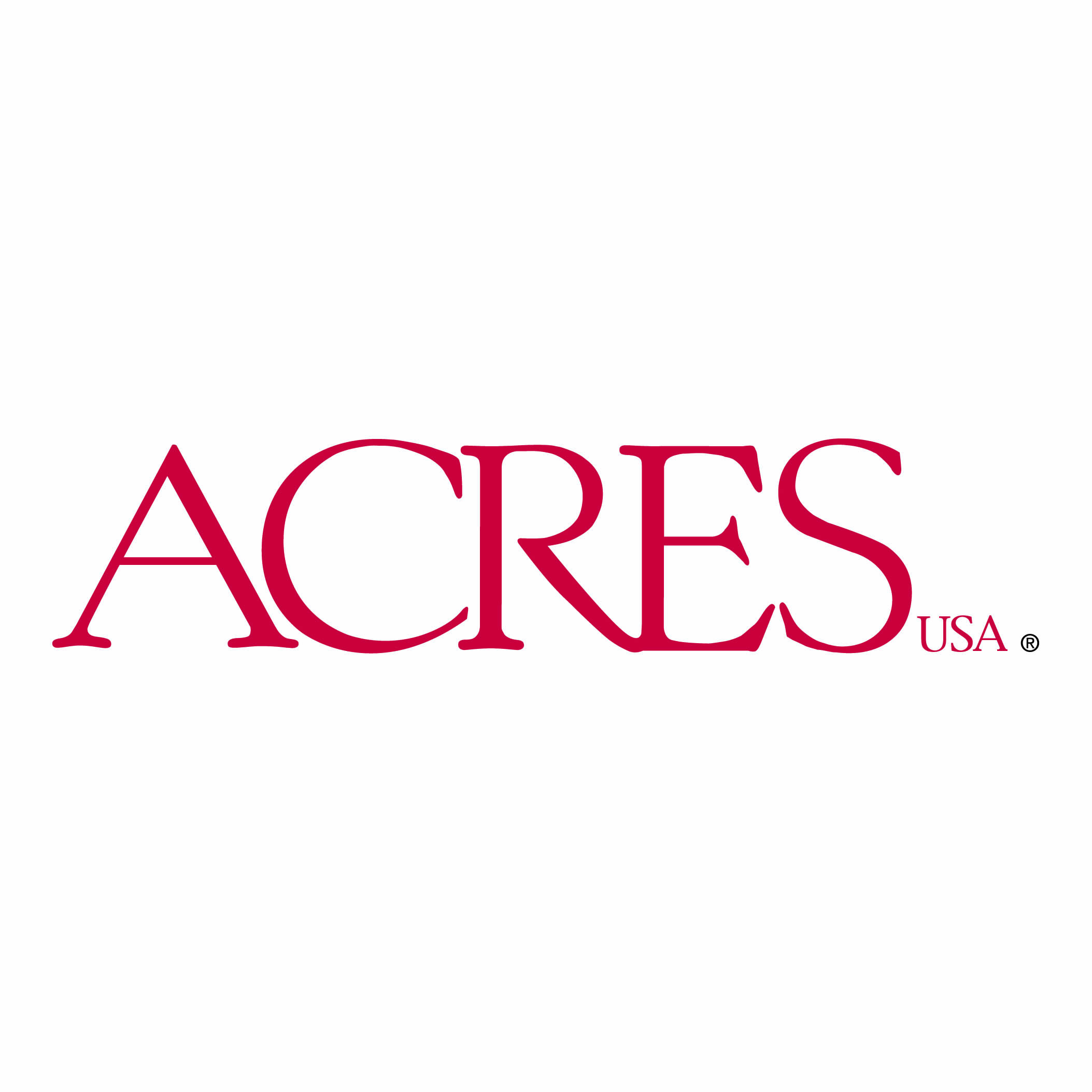
Thursday May 04, 2017
Thursday May 04, 2017
As Charles Walters, founder of Acres U.S.A., said in his talk in this week's podcast, if he had asked his father in 1945: “Are you an organic farmer, he would have said 'What’s that?'" In less than a century, we’ve come far enough to forget how we have farmed for centuries. And how new the introduction of industrial pesticides and herbicides is for farming, and how little we truly know about the massive effect it’s had on our health, on our environment and on our food supply.
In this talk from an archival Eco-Ag Conference presentation, Charles spoke to this point with the help of Lee Fryer, and a few farmers in the audience. He will tell you that even today, the effort to, as he put it, “to liberate the organic farmers,” goes on. With truth on our side. That the challenge now is to return the burden of proof to the conventional agriculture systems, to those who want to coat our foods with poison, to prove that it is as safe as organic farming, and not the other way around.

The Voice of Eco-Agriculture
Founded in 1971, we strive to be lifelong educational partners for farmers, ranchers and growers of all kinds. We strongly believe to farm economically, you must farm ecologically.
Learn more at www.AcresUSA.com




